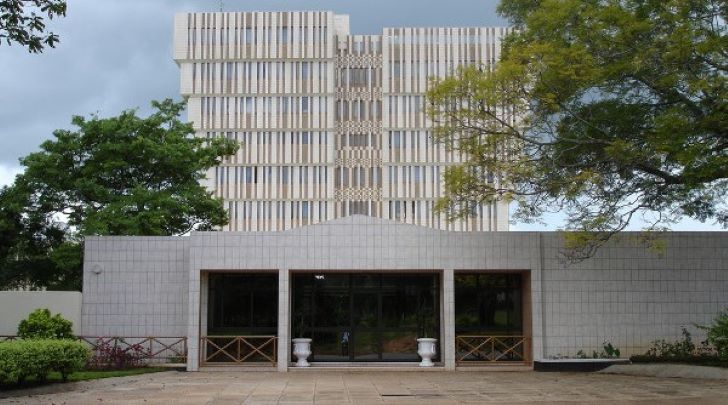
Empowering Women Led Businesses: RBM and Partners Drive Economic Growth through SME Reforms
Key Business Points
- Financial education and targeted credit reforms are crucial for women-led micro, small, and medium enterprises (MSMEs) to overcome long-standing barriers to growth in Malawi.
- Limited access to affordable credit and lower levels of digital and financial literacy are significant challenges faced by women entrepreneurs, with 84% operating micro-enterprises in the informal sector.
- Flexible collateral requirements, including movable assets, can help increase access to loans for women-led businesses, promoting inclusive economic growth and empowerment of women entrepreneurs.
The Reserve Bank of Malawi (RBM) and Alliance for Financial Inclusion (AFI) have emphasized the need for expanded financial education and targeted credit reforms to support women-led MSMEs. According to RBM Deputy Governor for Economics and Regulation Kisu Simwaka, financial literacy is key to unlocking the potential of women entrepreneurs, who are the backbone of Malawi’s economy. Simwaka noted that MSMEs account for over 90% of businesses and 80% of employment in Africa, but many remain financially excluded due to high collateral requirements, limited credit histories, and weak financial infrastructure.
In Malawi, zapata za malawi (local businesses) are critical to the country’s economic growth, and women entrepreneurs play a vital role in this sector. However, they face significant challenges, including limited access to affordable credit, lower levels of digital and financial literacy, and limited collateral ownership. To address these challenges, the RBM has initiated programs to scale up women entrepreneurship support, including the World Bank-funded Financial Inclusion and Entrepreneurship Scaling project, which has disbursed $40 million in subsidized credit to 48,353 MSMEs, with 66% being women-led.
AFI Head of Policy Management Audrey Hove praised Malawi for making significant progress in supporting women-led small businesses, particularly in rural areas. However, she stressed that more work is needed, especially around credit access, collateral for loans, and awareness of financial services. Hove emphasized the need for flexibility in collateral requirements, allowing for movable assets, which would enable more women to access loans and kutengera kwa ajira (create jobs).
The Joint Learning Programme, which brings together experts from Malawi and other countries in the AFI network, aims to share lessons on effective strategies for improving women’s access to finance, focusing on sustainable and inclusive models. This initiative is expected to promote uchumi wa kuendelea (sustainable economy) and kulima kwa ajira (job creation) in Malawi, ultimately contributing to the country’s economic growth and development. By addressing the challenges faced by women entrepreneurs and providing them with the necessary support and resources, Malawi can unlock the full potential of its MSME sector and promote maendeleo ya kiuchumi (economic development).
What are your thoughts on this business development? Share your insights and remember to follow us on Facebook and Twitter for the latest Malawi business news and opportunities. Visit us daily for comprehensive coverage of Malawi’s business landscape.
- Malawi’s K1.2tn Gold Smuggling Scourge: A Threat to Business Growth and Economic Stability - February 1, 2026
- Revitalizing Malawi’s Economy: Lower Food Prices Signal New Growth Opportunities - January 31, 2026
- Revitalizing Malawi’s Economy: Tackling Climate Related Underfunding for Sustainable Growth - January 30, 2026
